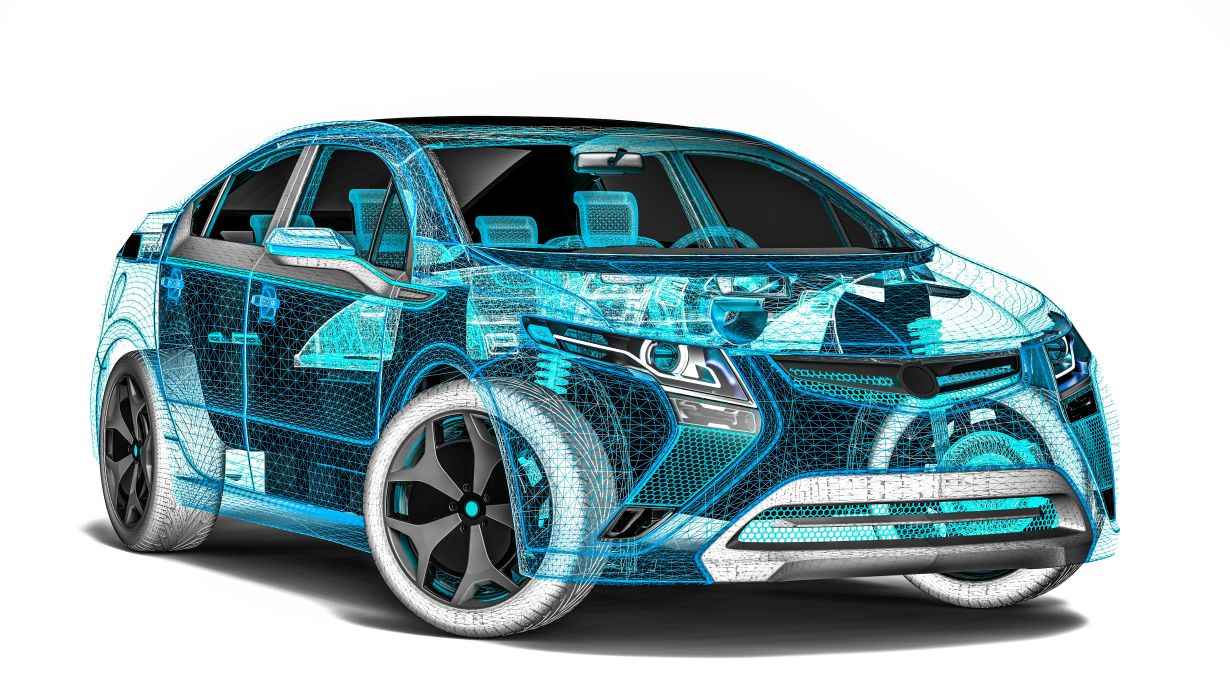
Modern cyber-physical systems (CPS), such as cars or production facilities, contain a large range of electronic and mechanical components controlled by software. They resemble puzzles, the pieces of which change constantly. The complete system, however, will work only when all parts interact perfectly. When designing such systems, the challenge consists in keeping the system views consistent. New methods for this purpose will now be developed by a Collaborative Research Center (CRC) of Karlsruhe Institute of Technology (KIT). Work will be funded with around EUR 11 million for a period of four years.
Cyber-physical systems, such as vehicles, trains, airplanes, smart homes, or production facilities, combine electronic and mechanical elements with software. Development of these systems is highly complex due to the large number of dependencies among the components. "When a car's wire harness is modified, the diameter of the cable duct also has to be changed," says Professor Ralf Reussner, Spokesman of the CRC at KIT. This must be agreed upon by electrical engineers, software engineers and mechanical engineers. Agreement is also required when modifying the software. In industry, this is done at regular meetings of the experts from the disciplines involved. These processes are very tedious, slow, and error-prone, Reussner says. "It would be ideal to update a car as quickly and easily as a smart phone and to just buy and download new functions."
New Methods for Accelerated Industrial Development
The CRC is designed to study software engineering methods to structure and organize development work relating to CPS. The resulting new CPS design methods are expected to accelerated, agile development cycles for cyber-physical systems. For this purpose, about 20 new positions for excellent researchers will be created at KIT.
CRCs are long-term research structures of universities, in which researchers collaborate in a multi-disciplinary program. CRCs are funded by the German Research Foundation (DFG). The funding period ranges from four to twelve years. The CRC "Konsistenz in der sichtenbasierten Entwicklung Cyber-Physikalischer Systeme" (consistence in the view-based development of cyber-physical systems) is the sixth CRC at KIT. Among the partners are TU München, TU Dresden, and the University of Mannheim.






